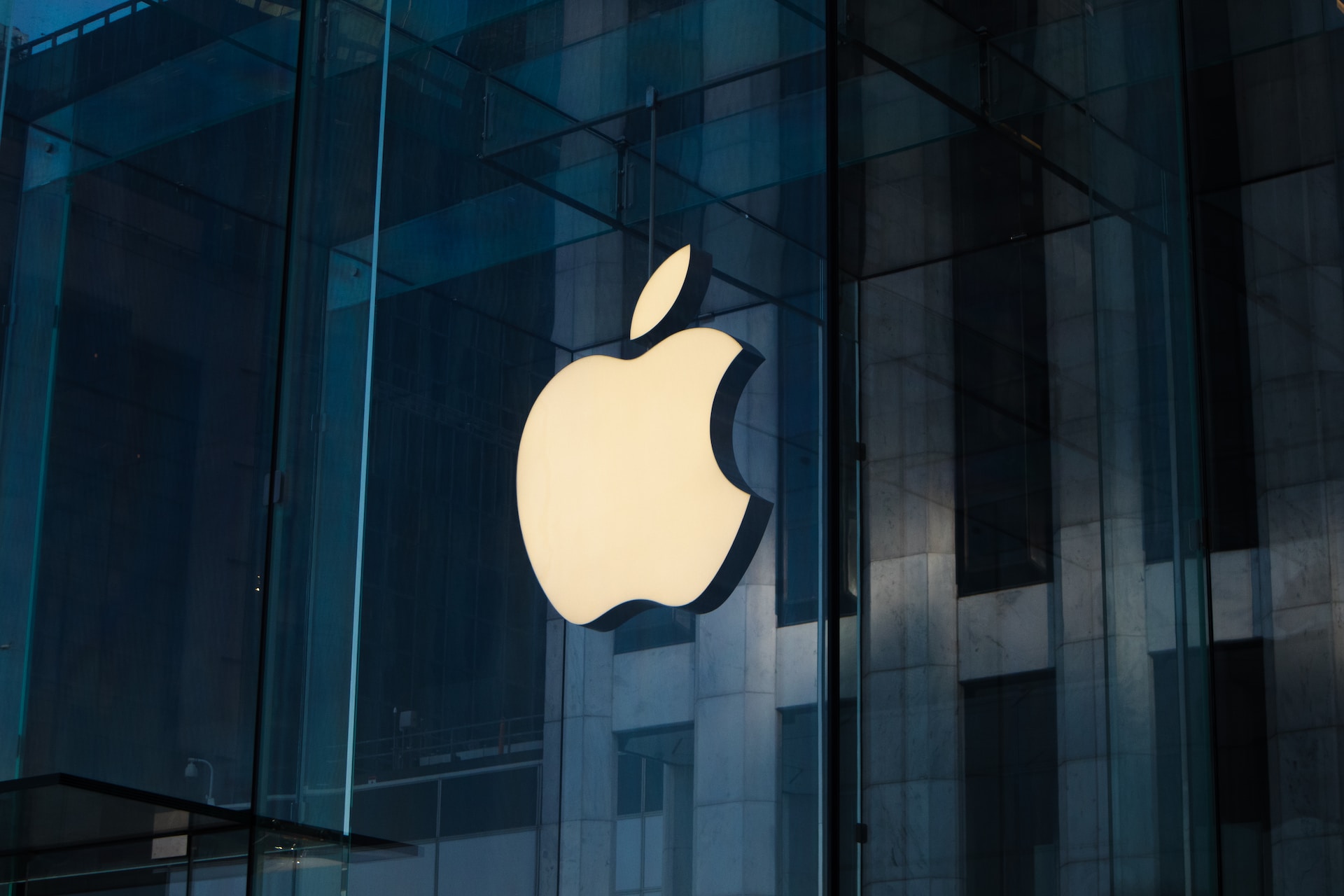Apple and Google’s App Store Cash Cows: How They Are Threatened by New Regulations and Competitors
Introduction
Meet our author, Fred Wilson, a seasoned tech analyst with over a decade of experience in studying the dynamics of the digital marketplace. His insights into the app store business models of tech giants like Apple and Google have been widely recognized.
Understanding Apple and Google’s App Store Business Models
Apple and Google have dominated the app distribution market for years with their respective app stores, the App Store and Google Play. These platforms operate on a simple business model: developers create apps, users download these apps, and the tech giants take a cut from the sales. This model has been incredibly profitable for both companies, but it’s also been the subject of much controversy and scrutiny. Critics argue that this model stifles competition and innovation, while proponents argue that it provides a secure and reliable platform for developers and users alike.
The Golden Geese: How Profitable Are These App Stores?
The app stores are significant revenue generators for both Apple and Google. In 2020, consumers spent over $143 billion on app stores, with Apple’s App Store accounting for a significant portion of this total. However, this golden goose might be threatened by new regulations aimed at reducing the tech giants’ stronghold on the market. These regulations could potentially disrupt the revenue streams of these companies and force them to rethink their business strategies.

New Regulations on the Horizon: What Does It Mean?
Governments worldwide are scrutinizing the tech giants’ app store practices. These new regulations aim to level the playing field and reduce the control that Apple and Google exert over the app distribution market. But what does this mean for their business models? The impact could be significant, leading to reduced revenues and a shift in market dynamics. For instance, if these companies are forced to reduce their commission rates or allow alternative payment systems, it could significantly impact their profitability.
Rising Competitors: A Threat to the Duopoly?
While Apple and Google have enjoyed a duopoly in the app distribution market, new competitors are emerging. Companies like Epic Games are challenging the status quo, creating their own app stores, and offering more favorable terms to developers. This could pose a significant threat to the tech giants’ dominance. If these competitors gain traction, it could potentially disrupt the app distribution market and force Apple and Google to adapt their strategies.
Navigating the Future: Strategies for Survival
In the face of these challenges, Apple and Google will need to adapt. This could involve reducing their commission rates, allowing alternative payment systems, or even rethinking their entire business models. The tech giants have weathered storms before, and it will be interesting to see how they navigate this one. They may need to invest more in innovation, improve their relationships with developers, or find new ways to monetize their platforms.
Table: Key Points Summary
| Key Points | Description |
|---|---|
| Business Models | Apple and Google’s app stores operate on a simple business model where they take a cut from app sales. |
| Profitability | The app stores are significant revenue generators for both tech giants. |
| New Regulations | New regulations could impact the tech giants’ business models and lead to reduced revenues. |
| Rising Competitors | New competitors like Epic Games are emerging, posing a threat to the tech giants’ dominance. |
| Future Strategies | Apple and Google will need to adapt their strategies to navigate these challenges. |




